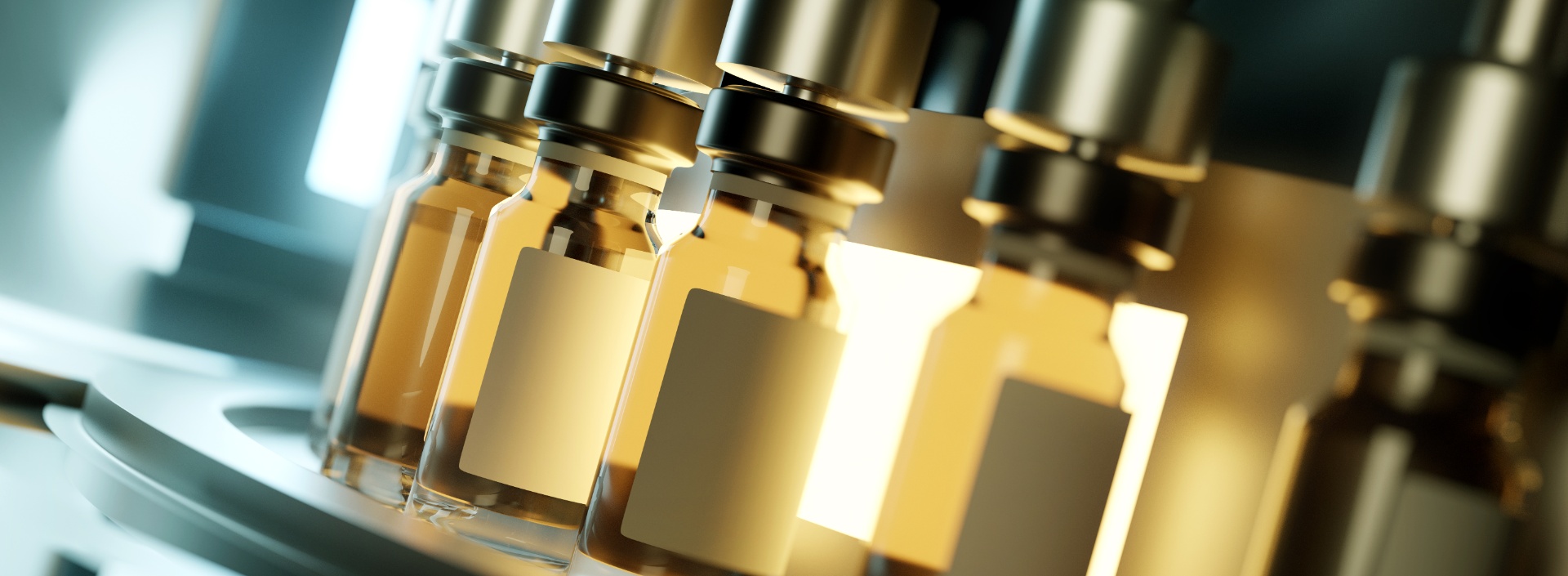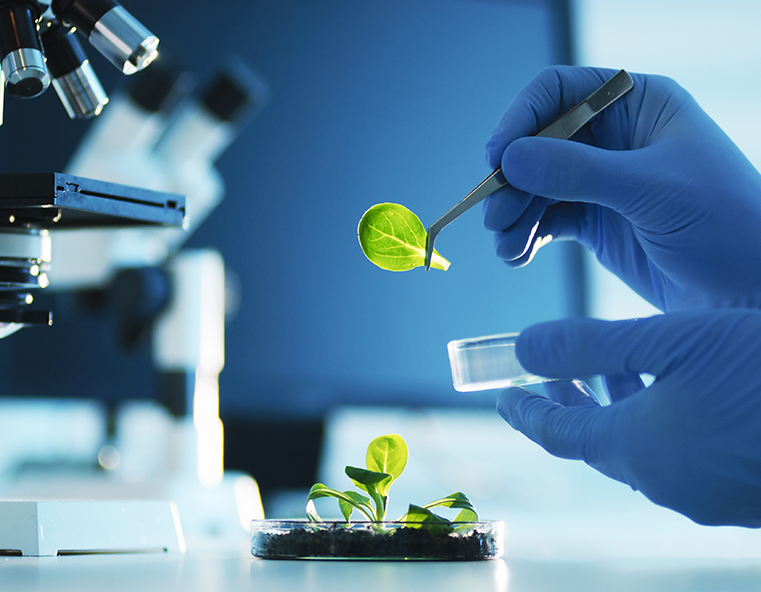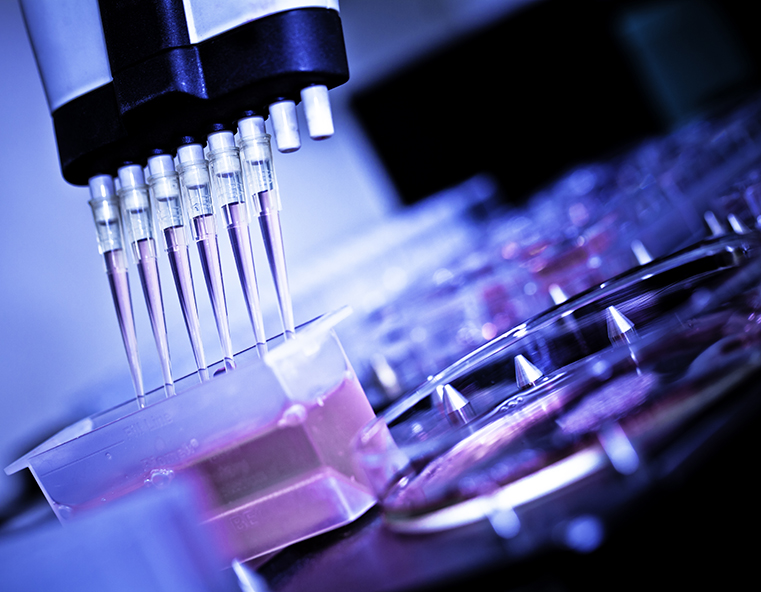In a nutshell
India has a prominent place in the international pharmaceutical market. Globally, it is the largest provider of generic medicines, occupies a 20% share in supply by volume, and is the leading vaccine manufacturer. The country ranks third worldwide for the production of medicines by volume and 14th by value. The size of the pharmaceutical market is expected to reach approximately USD 130 billion by 2030, with an expected growth rate of 11-12% between 2020 and 2030.
The domestic pharmaceutical industry includes a network of 3,000 drug companies and ~10,500 manufacturing units. Indian pharma companies, enabled by their price competitiveness and good quality, have made a global mark, with 60% of the world’s vaccines and 20% of generic medicines coming from India.
India also has the largest number of US-FDA-compliant pharma plants outside the USA. India’s domestic pharmaceutical market stood at USD 42 billion in 2021 and is likely to reach USD 65 billion by 2024 and further expand to USD 120-130 billion by 2030.
Indian drug & pharmaceutical exports stood at USD 24.60 billion in F2021-22 and USD 24.44 billion in 2020-21. The FDI inflows in the Indian drugs and pharmaceuticals sector reached USD 19.41 billion between April 2000- March 2022.
The pharmaceutical industry in India offers 60,000 generic brands across 60 therapeutic categories. Major segments include generic drugs, OTC medicines, APIs, bulk drugs, vaccines, contract research & manufacturing, biosimilars and biologics.
Generics medicines
exports share (global)
Exports worth (FY 21-22)
FDI (April 2021-March 2022)
Our Experience

Medical Technology
Market Research and Partner Search
Conducting market research for a European manufacturer of magnetoencephalography (MEG) devices on the prevalence and technological inadequacy for the treatment of neurological disorders.
Know MoreLatest Updates
India, Egypt to partner for pharma trade, research, regulatory cooperation
India and Egypt have held one round of talks as India seeks to use Egypt as a gateway to North Africa for pharmaceutical exports and Egypt seeks to leverage Indian businesses to strengthen its API industry and domestic drug production.
Officials from the two countries recently met to discuss pharmaceutical trade, regulatory collaboration, AYUSH, and pharmaceutical education and research partnerships. To move further, India's pharmaceutical department has requested views from the Central Drugs Standard Control Organization (CDSCO), the National Institute of Pharmaceutical Education and Research (NIPER), and the Ministry of AYUSH. It was decided at the first meeting of the India-Egypt Joint Working Group in March that India will share its best practices in pharmaceutical commerce, AYUSH, pharma research, regulatory cooperation, education, and investment. An official said that the overall partnership is good to India in terms of relicense and diversifying its global supply networks.



















